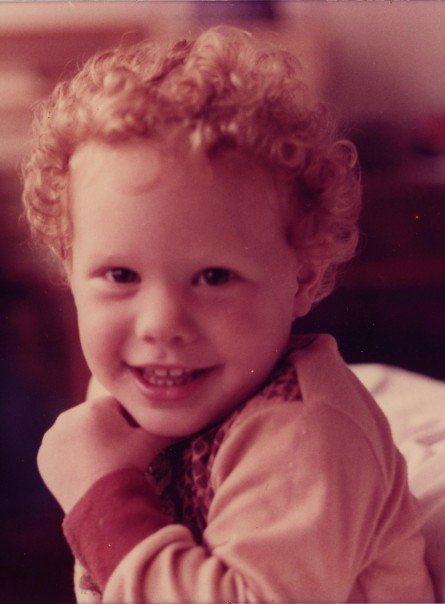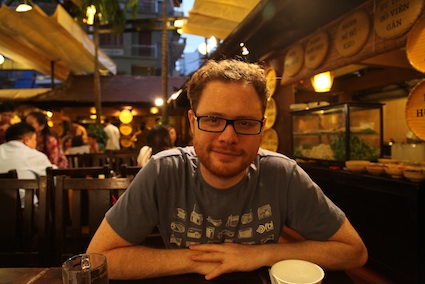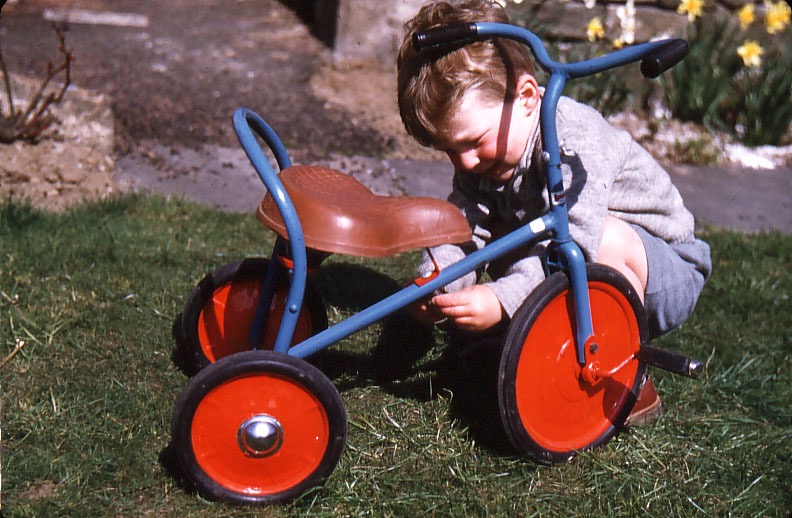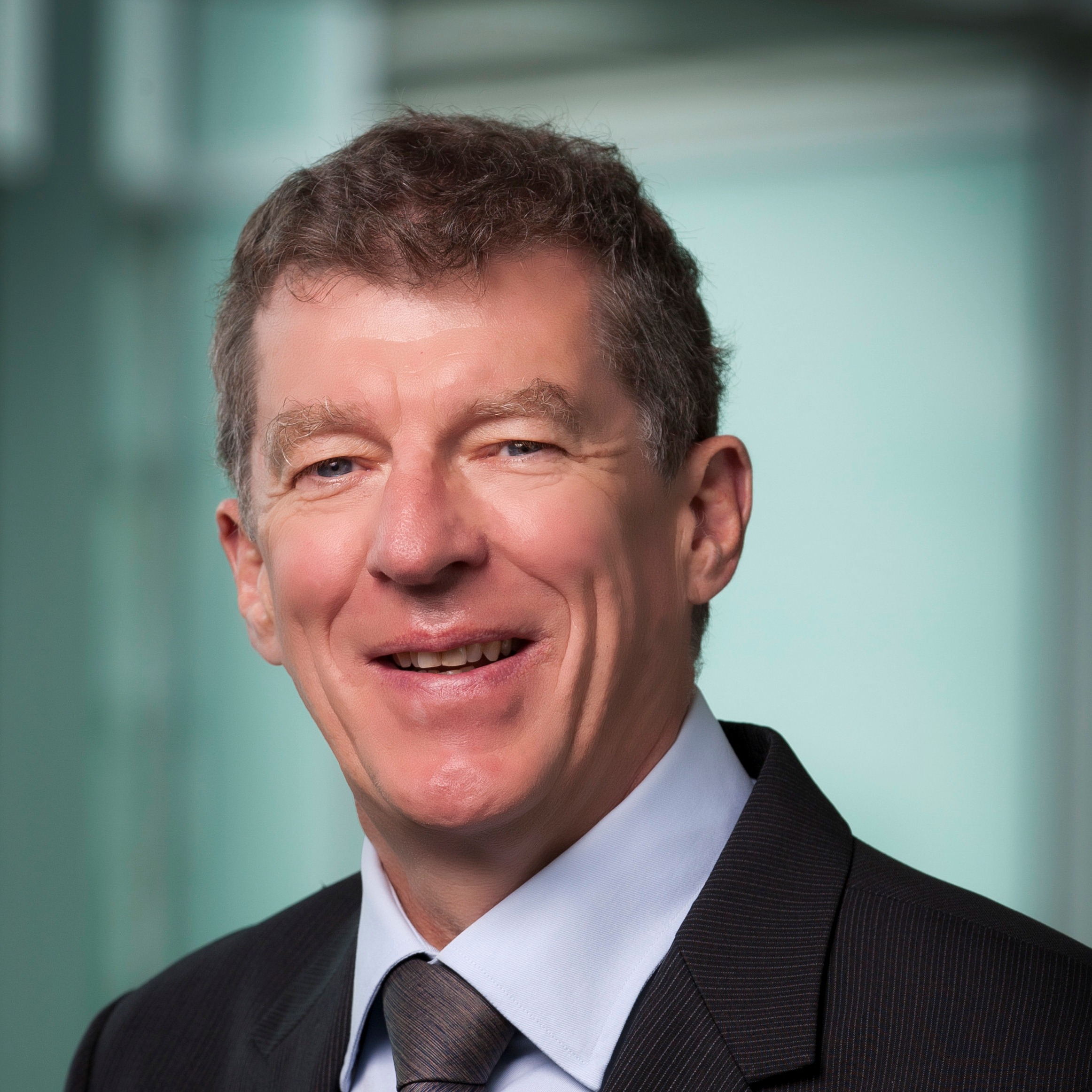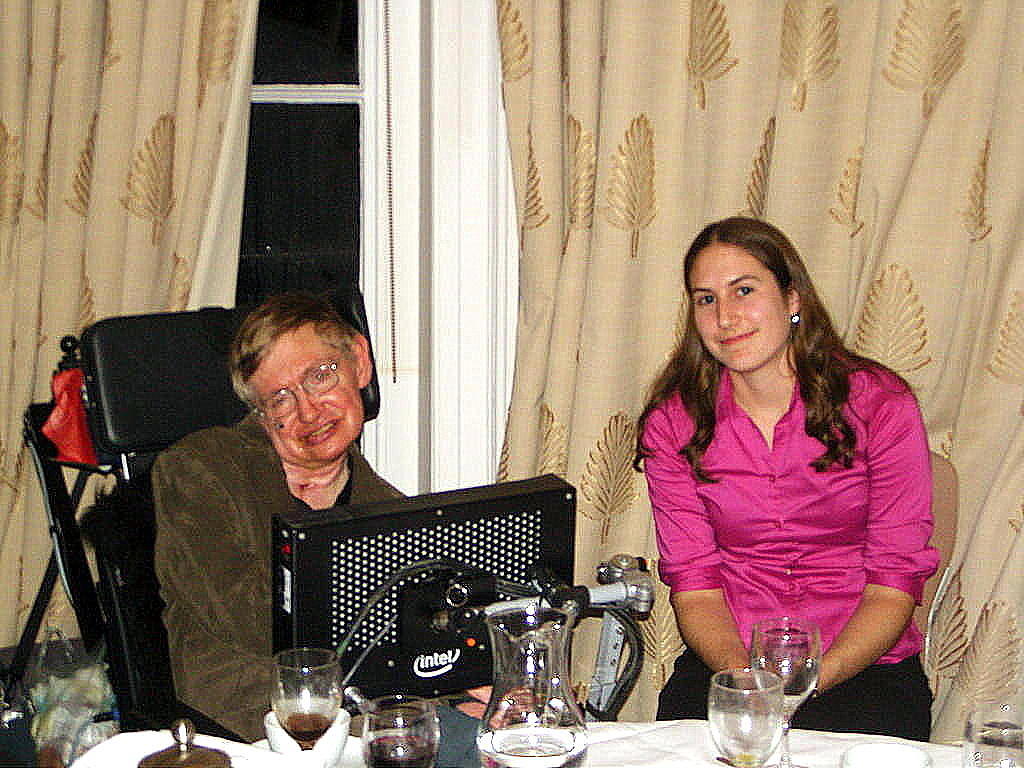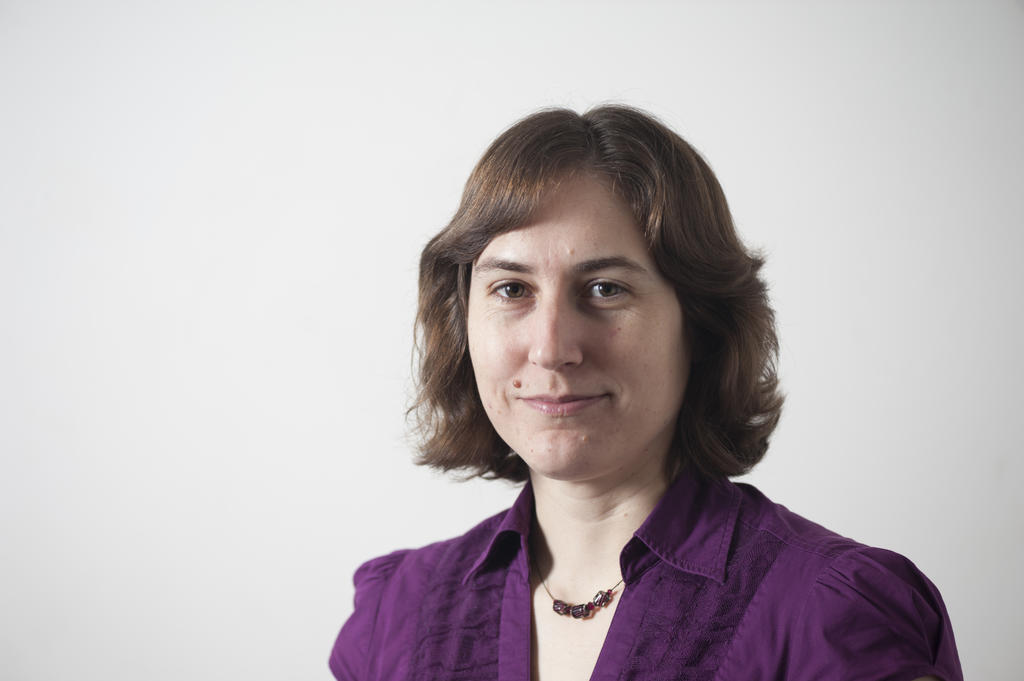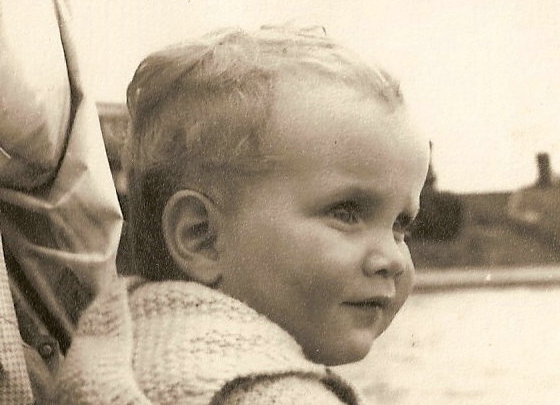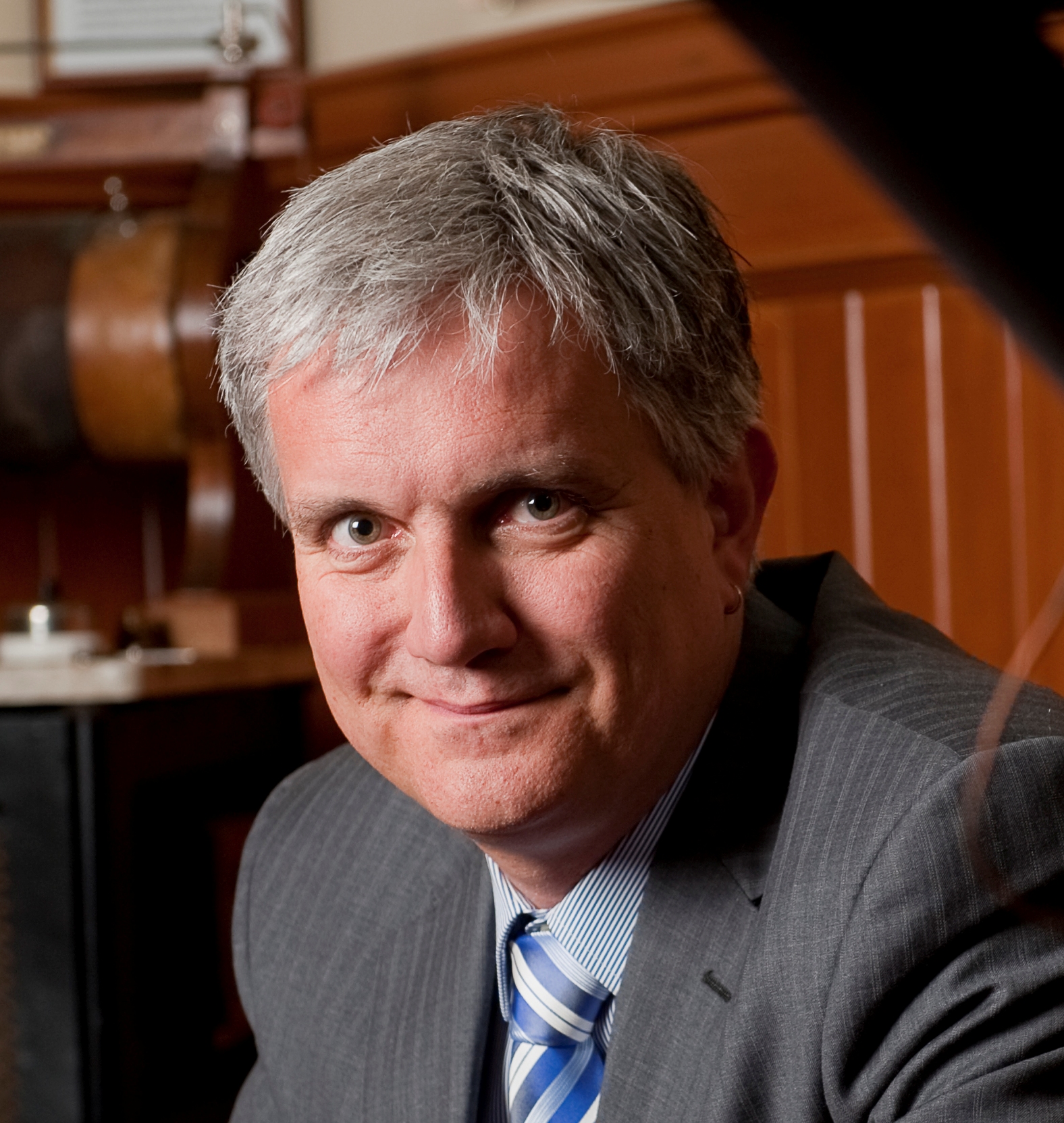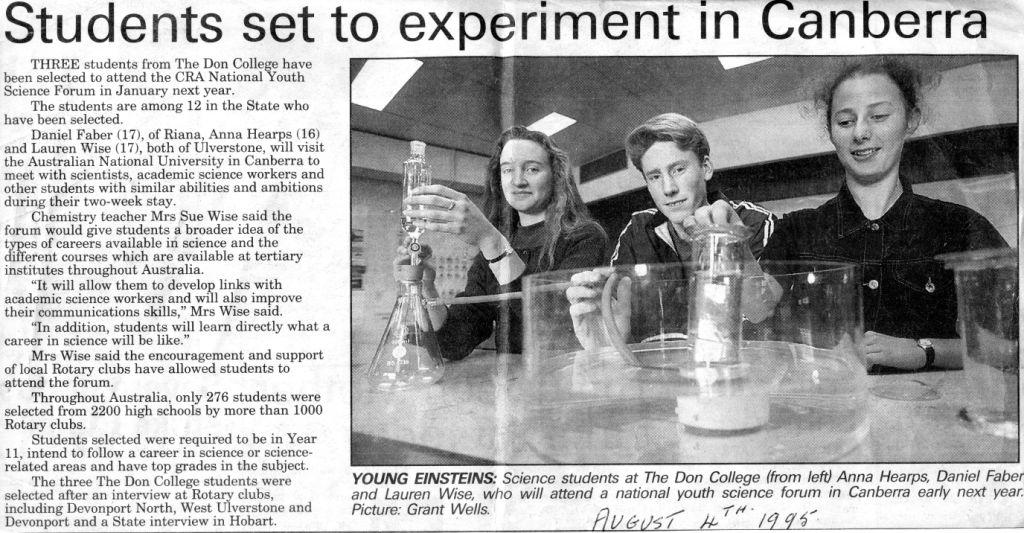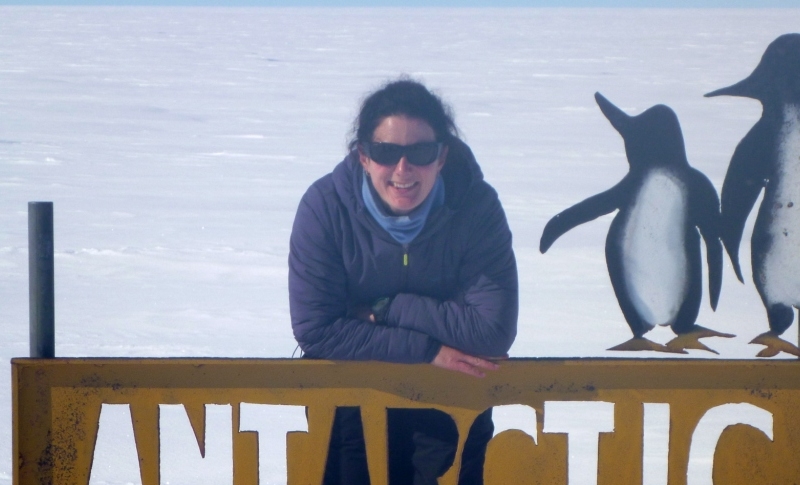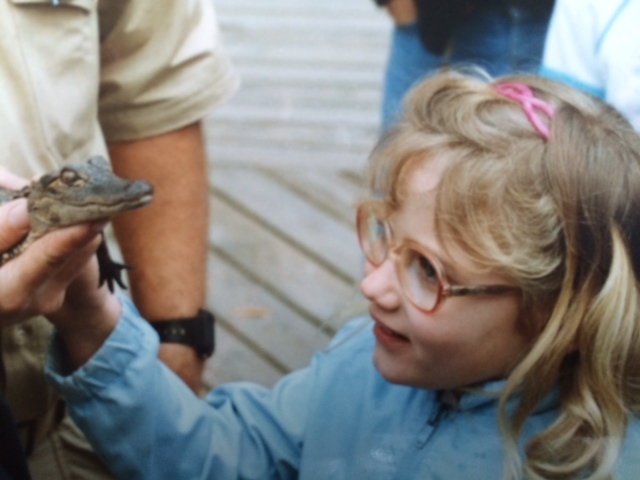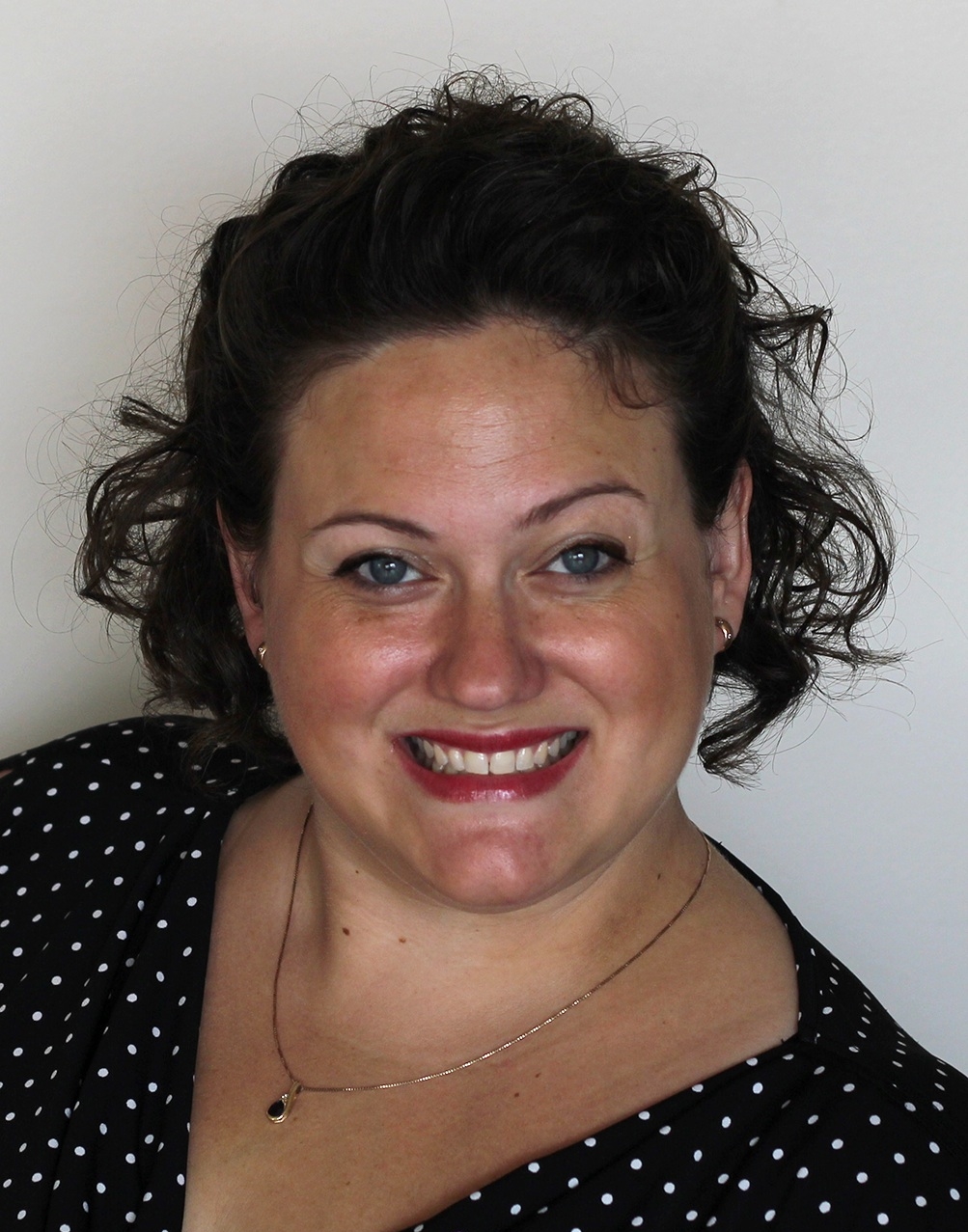Early encounters with science can lead to rewarding careers and valuable achievements. 10 of Australia's notable minds share their first memory of science and the impact it had on their lives.
Illustration by Ben Pearmain
At Lateral, we’re fond of indulging in some childhood nostalgia. We’ve all got happy memories, sad memories and embarrassing memories, but this month we’ve been thinking about science memories.
For some children, early realisations of just how amazing our world is will leave them with a lifelong sense of curiosity. Others might find an appreciation of starry skies, birdsong, things that go BANG or maybe just their own earwax. For a select few, this childhood fascination with science can inspire life choices, and maybe even influence their career paths.
This month, 10 of Australia’s favourite grown-up scientists and science communicators told Lateral about their earliest memory of science, and how it made them who they are.
Dr Karl Kruszelnicki — Science journalist, author and broadcaster
"When I was about seven years old, someone gave me an astronomy book. It had lots of pictures – I remember being astonished by the size of the Earth relative to the solar system. I remember being blown away by the thought that there are millions and millions of galaxies out there. I never lost that sense of awe and wonder. I studied physics at school because it was the only available option to study science – but it was a great option. It gave me a valuable tool box with which to study all sorts of other things. Since then I’ve used that tool box to drift through a huge variety of experiences, including making films, working as a car mechanic and researching belly button lint."
Michael Slezak — Australasia reporter, New Scientist
"My Dad definitely got me interested in science. He’s a philosopher of science so he's obviously a science enthusiast. We had a bedtime tradition: instead of reading stories, he would answer questions. I remember asking him about why there are waves at the beach and why the sky is blue. I’m colour blind so I think that made me interested in colours. Then I studied maths, physics and chemistry at school, and science at university. After all that and also being fascinated in news media, becoming a science journalist seemed natural. I consider myself a journalist who works on the science beat as opposed to a science communicator. I think it’s important to maintain that outside perspective. You can’t really be a champion of much if you’re a journalist, and that should include science – at least, science as it exists in the real world, with all its real-world problems."
Professor Ian Frazer — CEO and director, Translational Research Institute
"I was always a natural scientist in that I spent my childhood figuring out how things worked by taking them to bits – and probably taking several things to bits which I shouldn’t have.
"As well as this inherent sense of curiosity, role models have played a really big part in shaping my career. I had a really great physics teacher, who we called Spike because of his crew cut. His philosophy was to let kids get on and learn: you could call it ‘guided free will’. That was very much the tone of the curriculum in those days. It was based on practical work, as opposed to fact learning.
"Later in life I met another important mentor. I’d gone to stay with my penfriend in Germany for the summer, which unfortunately coincided with him getting his first girlfriend. Consequently he didn’t actually want me around very often. I ended up spending a lot of time with my penfriend’s girlfriend’s dad, who just happened to be a biology professor at the University of Friedberg. At that point I’d decided to study astrophysics at university, but he managed to persuade me that studying immunology would be much more interesting. I eventually decided to train as a medical doctor, and the program at the University of Edinburgh allowed for me to do some medical research whilst I trained. I got to carry on pursuing my fascination for figuring out how things worked."
Dr Katie Mack — Theoretical astrophysicist, University of Melbourne
"For as long as I can remember, I’ve been interested in science and how the world works. We had this one book in the house called Planet Earth, which had a photo of Earth taken from space on the front cover. I remember being about six and staring at this picture as I actually made the connection: Earth is a planet. We are in space, standing on a giant blue rock. It hadn’t really registered with me until that point. I just remember that first mind-blowing moment as being one wherein I recontextualised my entire existence.
"I started learning about black holes, warped space time and expanding universes. My mum would take me to talks at universities where we grew up in LA, and I would read books, watch documentaries. I remember seeing something about Stephen Hawking and that he was called a ‘cosmologist’. That was when I wanted to be a cosmologist: I just wanted to do what Stephen Hawking does!
"I’ve actually met Hawking twice now. My mum took me and a friend from high school to one of his talks at Caltech when I was 15. We bumped into him afterwards but I was too shy to say anything. My friend approached him for me, and told him that I really wanted to meet him. So I said that I was a big fan and that I respected his work, to which he replied, “Thank you very much”. I remember that very clearly! Then later on, when I worked at Cambridge, I ended up in the office below his. I was invited to his Christmas party by his assistant, and I got to talk to him about my work."
Dr Paul Willis — Director, RiAus
"I can vividly remember sitting on a rock on a small beach on the south coast of England, peering over my six-year-old knobbly knees and there in the sand lay my first fossil. Mum and Dad reckon my first word was ‘dinosaur’ and I had probably been babbling on about fossils in the womb. So they organised a holiday to this fossil-rich area just so I could find my own fossils. This little broken piece of an extinct marine creature (an ammonite) spoke to me that day and told stories of a life long extinguished in a world that doesn’t exist anymore. Every fossil I’ve come across since then also talks to me and they tell me wondrous stories. Collectively they tell the most fantastic story that can ever be told: this history of life on Earth. And that incident on that beach during the summer of 1969 was the exact moment I decided that a life in science as a palaeontologist was for me."
Dr Ranjana Srivastava — Medical oncologist and writer, Monash Health
"I remember watching a show on brain surgery at a young age and being fascinated by it. I come from an academic family but I have no recollection of having any conversations about being a doctor, or anything else for that matter! Given the amount of time the modern parent spends counselling, coaxing and guiding a child towards a career, I am sometimes bemused by the absence of expectation by my otherwise highly invested parents. But this allowed me to deliberate my choices freely, which was crucial. Other careers I considered were that of a diplomat and journalist.
"I ultimately entered medicine with a great deal of enthusiasm and love for the art that has only grown with experience. I am fortunate to enjoy my work and be able to make a difference. Like anywhere, there are tensions and administrative pressures but even on those days, medicine comes alive when I close the door and it's just the patient and I."
Dr Lauren Wise — Analytical chemist, Australian Antarctic Division
"I guess I was lucky to have parents who were into science and passionate about teaching: Mum and Dad were both chemists and teachers. One of my earliest memories of science is being dragged out of bed by my mum ridiculously early in the morning to look at auroras (we lived on the north-west coast of Tasmania). Whenever we went on holiday, we would visit fantastic museums – Questacon, the Powerhouse, Scienceworks. Our parents never forced stuff down our throats, but we were always taught to investigate the things that interested us. Science was always one of my stronger subjects, so my parents would encourage me to get involved in all sorts of ways: attending my school’s Double Helix club, participating in the Tasmanian Science Talent Search, applying for the Siemens Summer Science School program and even going to Canberra for the National Youth Science Forum.
"Being around Deakin University and ANU for these programs made me think more seriously about science and university. So I did my undergrad in science and went on to do my PhD in chemistry. Mum always said, 'if you really don’t like it then don’t stay,' and I’m still in science because I still love it. I love the challenge. I love being able to see an impact out there in the wider world; that’s important for me."
Wendy Zukerman — Science journalist, ABC
"I always knew I wanted to be a journalist, but when I got to university the idea of studying journalism just felt so ‘pie in the sky’. So I sort of fell into biomedical science because it felt like curing cancer sounded like something people might want to do! I still wanted to be a journalist, but whenever I pitched stories to newspapers they’d get rejected. Probably because I tried for a political angle when I was actually a bit of a naive 18 year old. Then I had the idea to pitch science stories instead, and eventually they got picked up. After that I just kept going. It really untapped a way to tell a story; it was a big lesson in evidence based reporting. Once I’d got into writing regularly, I started a science page with the uni newspaper, where I mostly ran novelty pieces about sex and drugs (which I was getting none of). One thing led to another and here I am.
"When we talk about science stories, what immediately comes to mind for some people is quirky bugs or sperm facts. But what they don’t realise is that science is just a way of thinking about things. It means you’re coming from an evidence place rather than a ‘feel-y’ place. It also gives me a lot more power as a journalist. I feel like I’m doing something useful."
Dr Maggie Hardy — Chemist, University of Queensland
"I’m originally from the United States, specifically an area on the northeastern seaboard called New England. I grew up with the salt water of the Atlantic Ocean in my blood – I can’t remember a time when I wasn’t either freezing or at the beach. In fact, Brisbane is the farthest inland I’ve lived as an adult. We had a great local aquarium, the Mystic aquarium, and I started to volunteer there at age 14 as part of a service-learning project in high school. Because you had to be 16 to work with the marine mammals back then, I did husbandry work with the fish and invertebrates. Working with the professional aquarists there helped me see I liked the research side more than the husbandry bit. After that, it’s been invertebrates all the way!"
Professor Sandra Eades — Physician and epidemiologist, Baker IDI Heart and Diabetes Institute
"I'm from in a small town in Western Australia, not far from the Stirling Ranges. The entire environment there is impressive: the seasons are impressive, the winter blasts from the Antarctic are impressive, the wildflowers are impressive. I grew up surrounded by family: I would walk through the bush with these people who knew nature so intimately. None of them had a formal western education but they had a strong Noongar education about science, life and nature. They knew how everything fit together, the cycle and the sequences: so I developed this sense of curiosity about how things connect.
"I really liked the GP in our town; he was an incredibly compassionate man. I remember him treating us for various things. But a lot of my mother’s and father’s friends died prematurely and I was left wondering what was causing all of this – why is this happening?
"This all left me wanting to study science but to have it be practical and useful, and medicine was an ideal way to do that. I worked in clinical medicine for ten or so years but eventually moved into epidemiology. I can’t remember science in school having a big impact on me and I can’t remember being taken to a museum. Unless you count family visits to the huge museum: sitting in the countryside, learning about the collective wisdom from the hundreds and thousands of years of generations before us."
What's your first science memory? Tweet us at @LateralMag.
All photos supplied by those interviewed.



